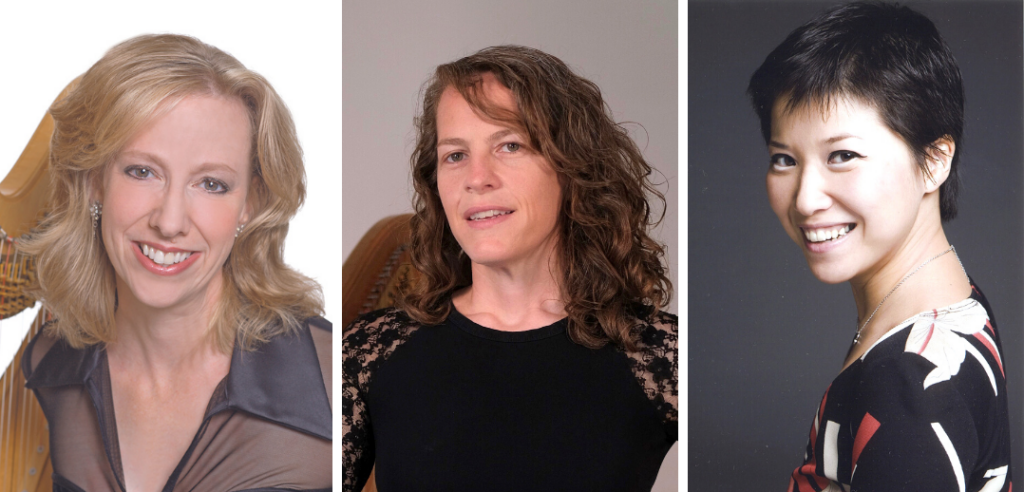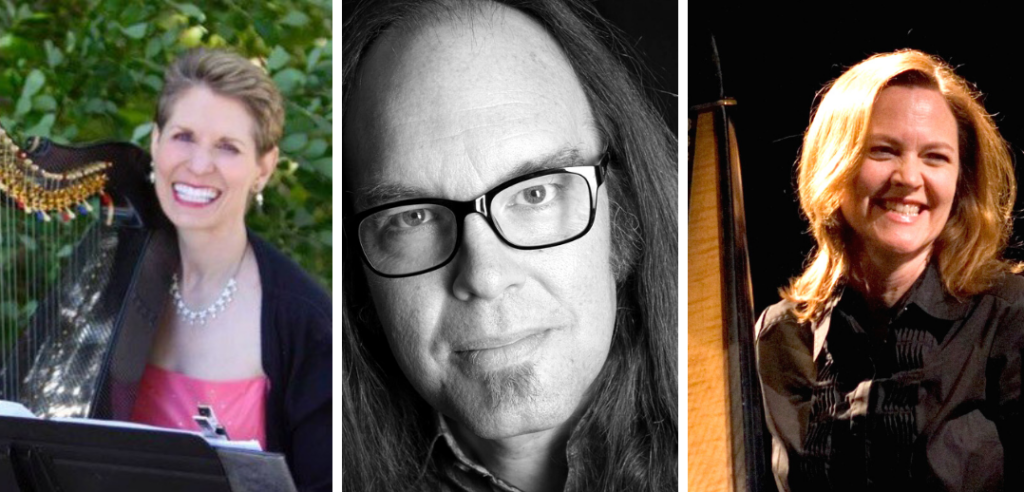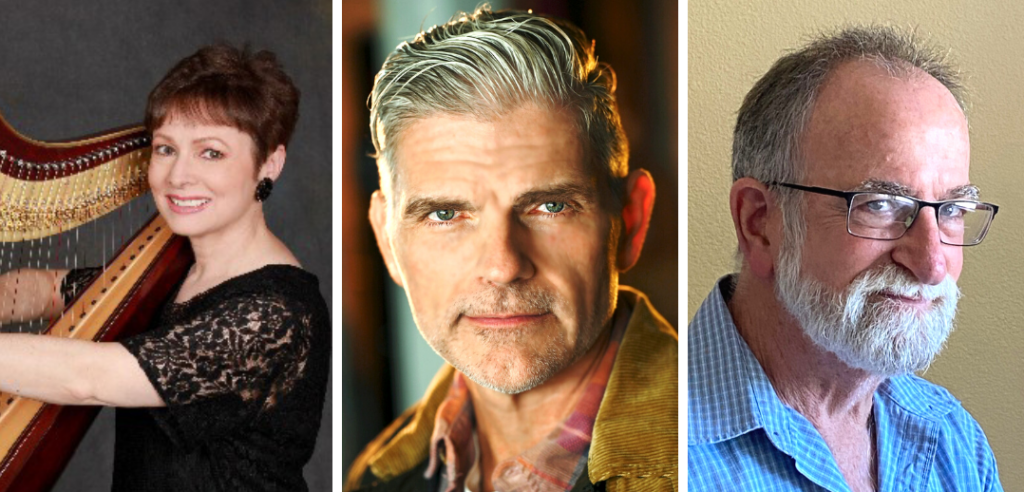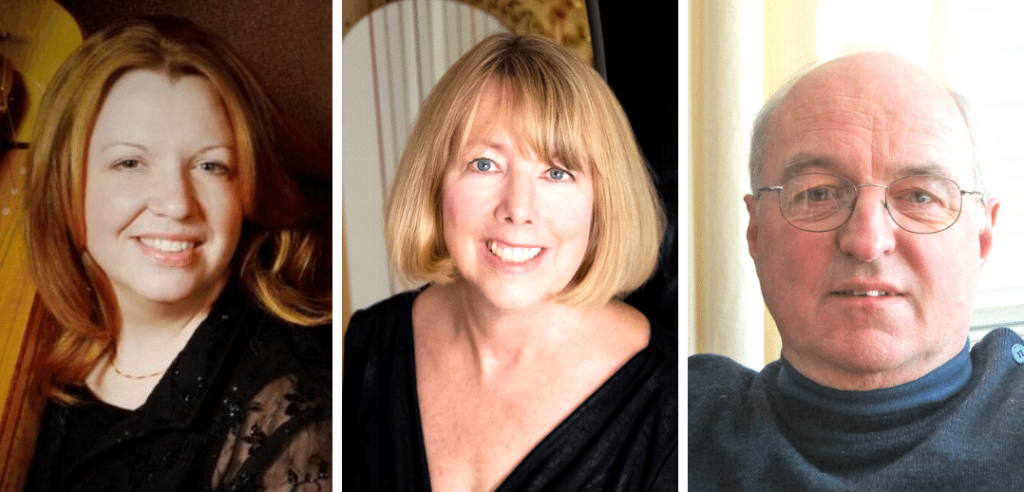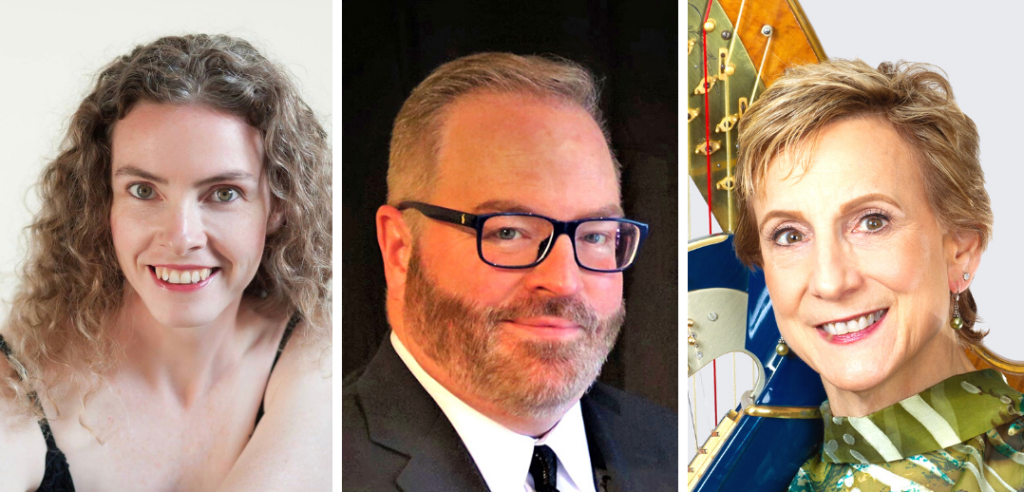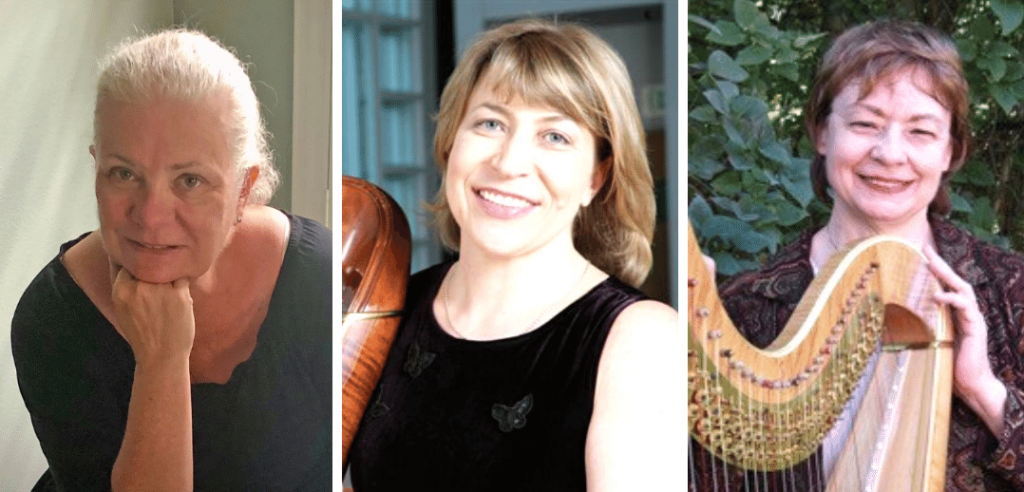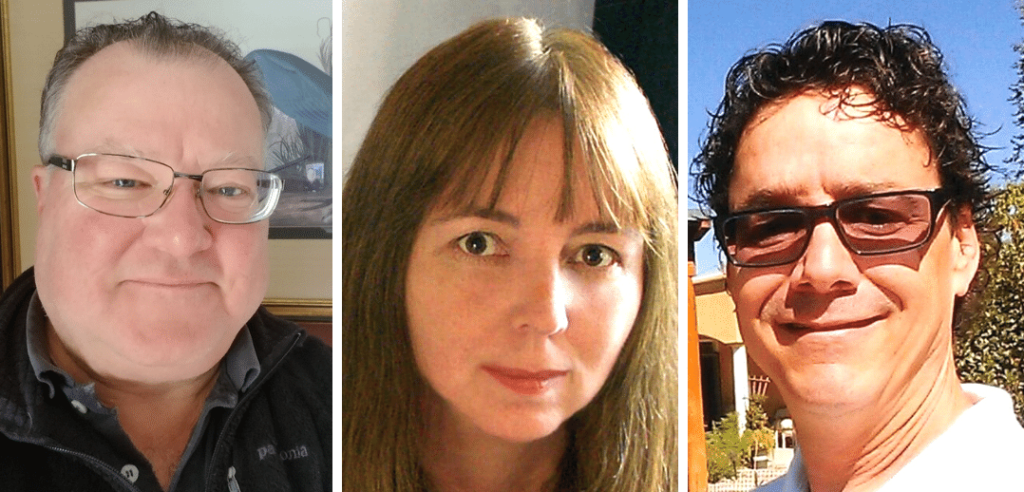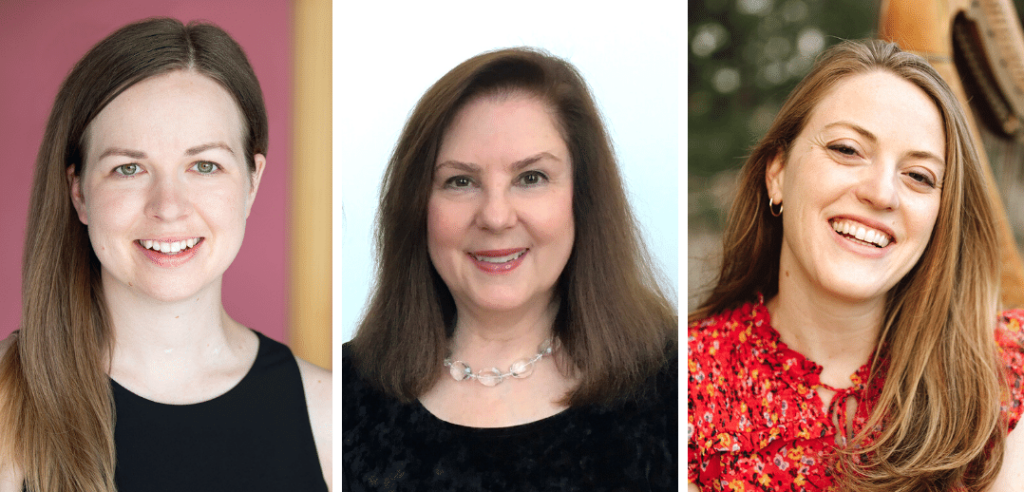
Have you ever been called by the wrong name, or by a nickname that you hate? Your name is so closely tied to your self-image and identity that it feels very uncomfortable to be addressed in any other way than the one you prefer. I always ask students what they would like to be called and expect that they will honor my preference too. It is disrespectful not to make the effort to learn and use a person’s correct name and title.
As a child I was taught to address my teachers with a title and last name, both in school and in private music lessons. When I went to college, Lucile Lawrence was always “Miss Lawrence,” and none of us would have dreamed of calling her Lucile, though she never said anything about how she wanted us to address her. Later on she did ask former students to call her by her first name, but many of us never could bring ourselves to do it.
I teach in a university where most professors are called by a title, and so my high school and college students call me Ms. Richter. I think it is especially important for women to insist that they be given the same respect that is extended to men on the faculty. I have heard a male professor addressed as Dr. Smith by a student who then called a female professor “Sally.” Former students can and do call me by my first name, and my adult private students have always used my first name and I would feel uncomfortable if they didn’t. I know other teachers, both on the college level and in private studios, who ask all their students to call them by their first name.
Etiquette books used to include pages and pages of instructions on how to address everyone from the President down to a toddler. Manners and customs have become much less formal, and now people use first names more often. There is no rule about what to call your harp teacher because each teacher is different. Just as it’s better to be formally dressed for a job interview than to show up in casual clothes, it’s better to ask first before going ahead and calling your teacher by his or her first name.

How formally a student should address her teacher depends on the student’s age, teacher’s age, and setting. My university-level students are expected to address me as Professor by university policy. The younger students through high-school age in my private studio generally use “Mrs.” or “Ms.” Some address me as Miss Phyllis. That seemed unusual to me when I first came to Nashville, but now I’m used to it. This Southern charm is usually by the parents’ request. I would rather not have a junior high or high school student use just my first name. Using first names are best reserved for the adult student.
Formally addressing a teacher is a sign of respect. It creates a better learning environment. In my experience, the more serious the student, the more formally they tend to address me. I am still unable to use my college teachers’ first names, even if some of them have requested me to. Some habits never are broken. I can’t imagine anyone will be faulted for being too formal. That said, I started teaching private lessons when I was 14. I’m sure that we all used our first names at that time.
The simplest solution is to ask the instructor how they would like to be addressed.
—Phyllis Sparks lives in Nashville, Tenn., and teaches at Tennessee State and Western Kentucky Universities. She also performs with the Nashville String Machine.
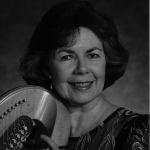
The interpersonal relationship between teacher and student is critical in determining the student’s progress and eventual success. Therefore, both student and teacher should be concerned that the choice of a term of address for the teacher doesn’t convey disrespect or offend or irritate the teacher.
In my 40-plus years as a harp teacher, I can’t recall ever feeling disrespected, offended, or irritated by a student’s term of address, even though quite a variety of terms have been used. This has never become an issue, even though I’ve taught hundreds of students aged 7 and older, including university students and senior citizens. Their terms of address have included “Mom, Mrs. Wooster, Professor Wooster,” and “Pat.” The younger ones and most of the young adults use “Mrs. Wooster,” which works well for me. I believe this usage arises from their upbringing, in which they are taught to show respect for their elders, especially teachers.
Some university students use “Professor Wooster” although I’m not a professor, just from habit they quickly acquire on campus. I’ve noticed that students from some foreign countries tend to call me “Professor” even though they understand that I lack that academic rank. Again, this simply reflects the culture in which they were raised, and I happily accept the “promotion.” I’m pleased to say that a few of my older students are also among my best friends, and I’m perfectly comfortable when these few just use my first name. Soon I hope to have at least one student who will call me “Grandma!”
Thinking back to my own years of harp lessons, I had (and will always retain) the greatest respect for my teacher, Lynne Palmer. I addressed her as “Mrs. Palmer” until many years after my lessons ceased. I’m proud that we were friends in later life and were on a very comfortable first-name basis. •





